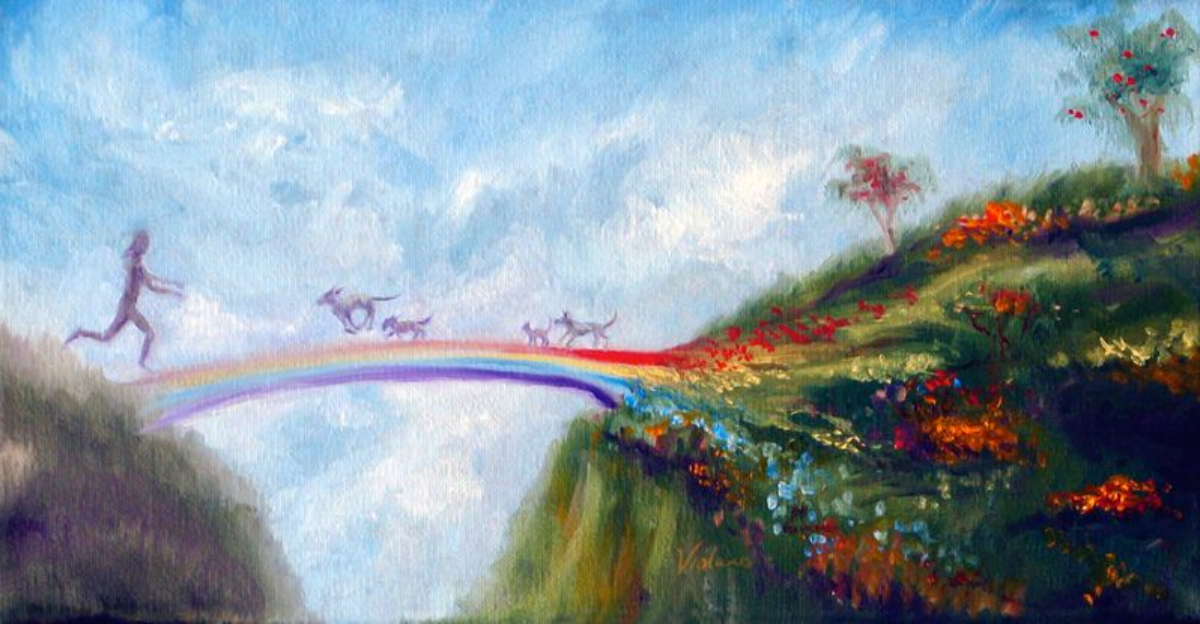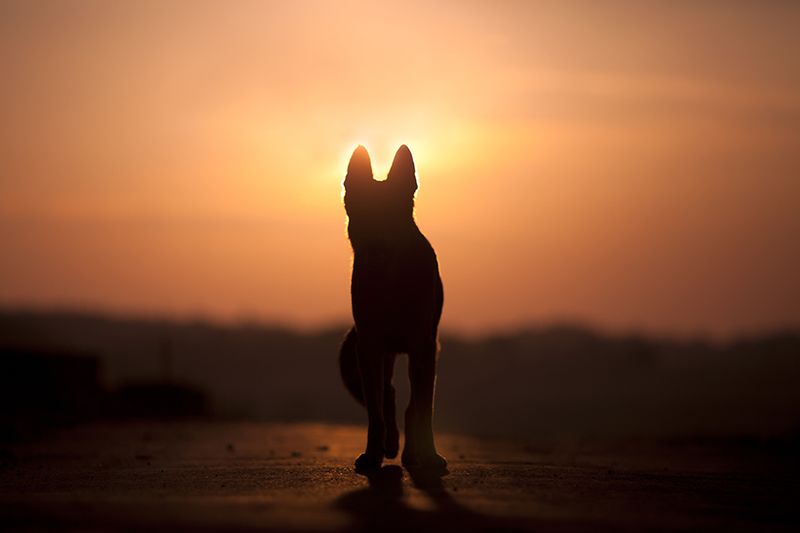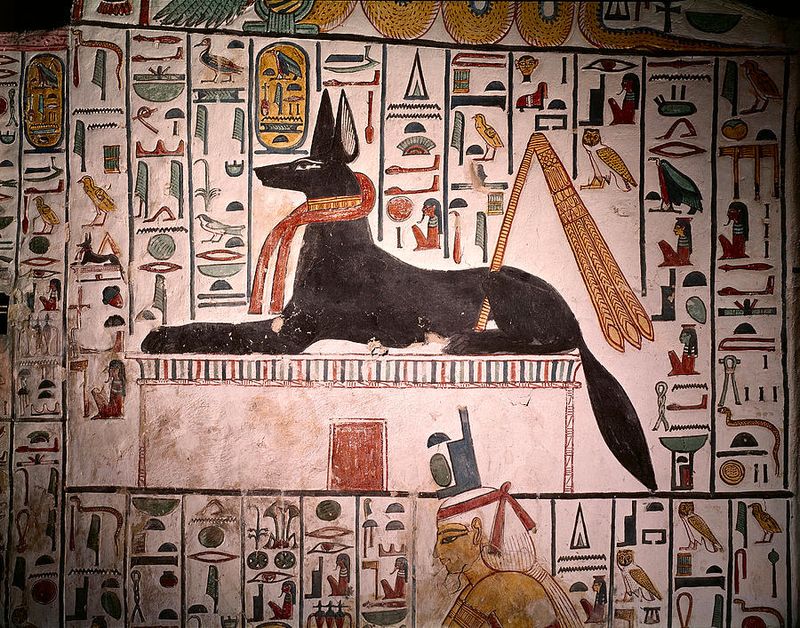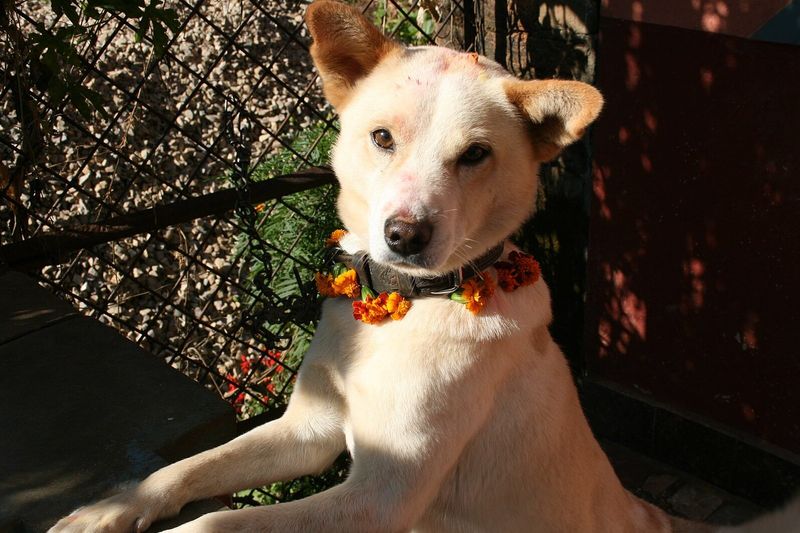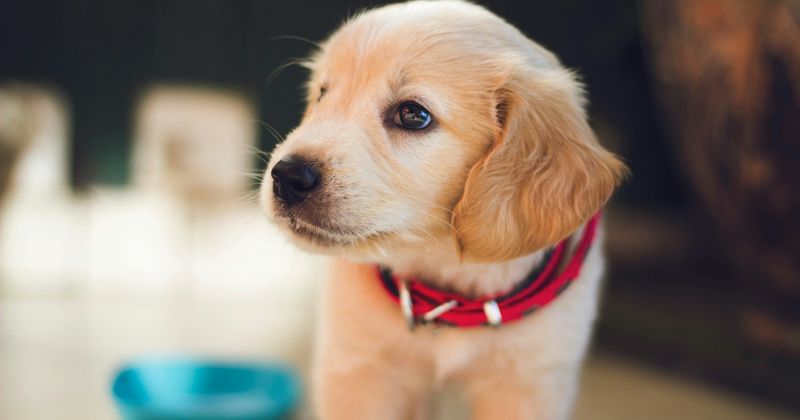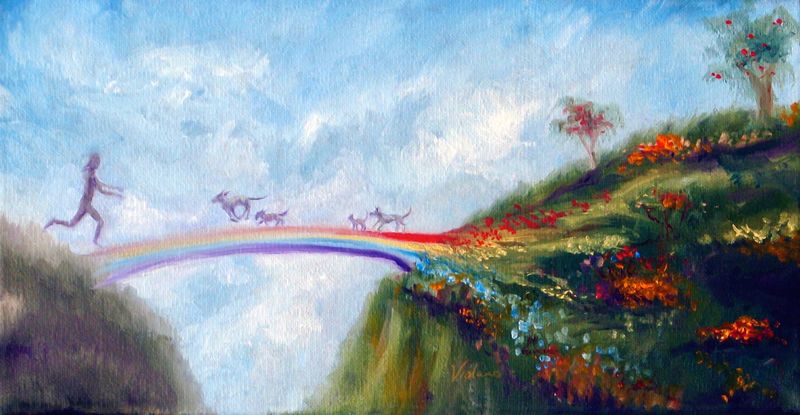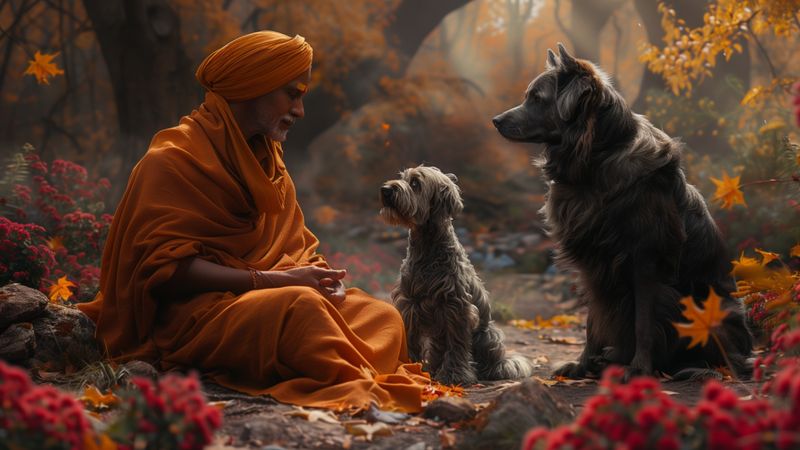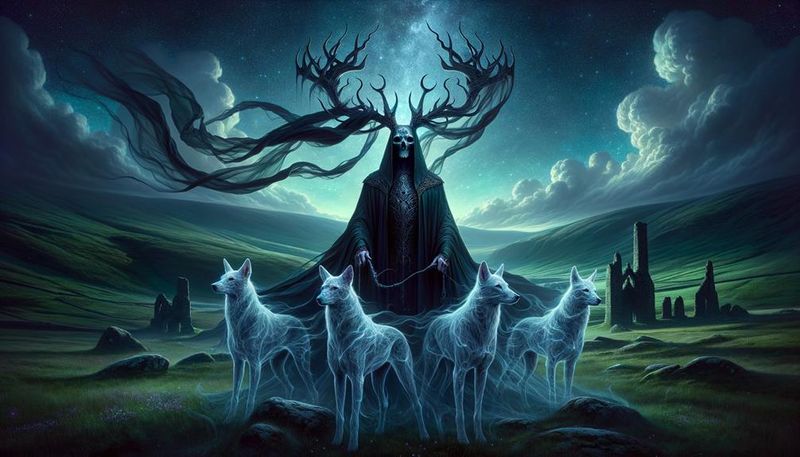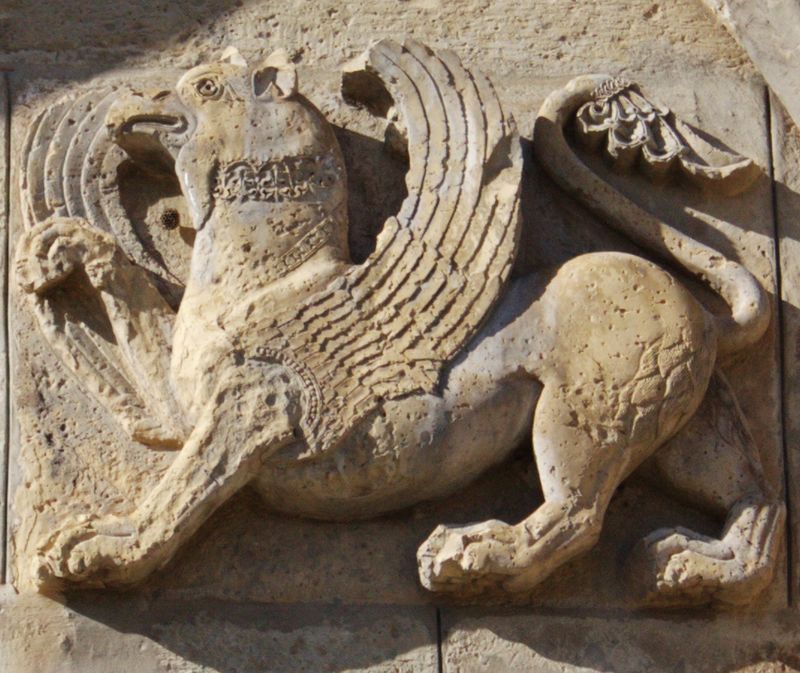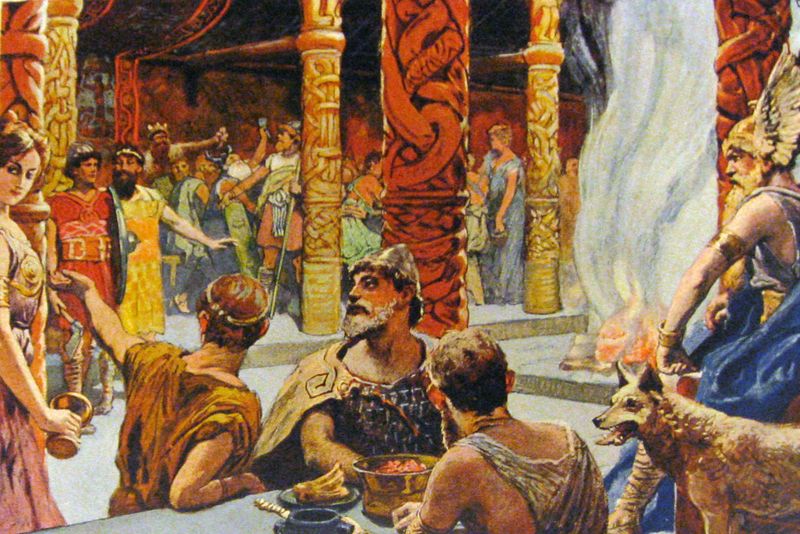The bond between humans and dogs transcends time and space, often leading to profound grief when a beloved pet passes away. Various cultures and belief systems offer comfort by suggesting where dogs go after death, each providing a unique perspective on the afterlife. This article explores seven distinct beliefs, offering solace and understanding to those mourning their loyal companions.
Native American Traditions
In Native American culture, animals hold spiritual significance, and dogs are no exception. Some tribes believe that dogs guide souls to the afterlife, serving as loyal companions even in death.
These spiritual guides protect and accompany spirits on their journey, ensuring safe passage to the other side. This belief underscores the deep respect and sacred bond shared with animals.
By viewing dogs as celestial guides, it offers a comforting narrative that their spirit continues to serve a purpose, bringing peace to grieving hearts.
Ancient Egyptian Beliefs
In ancient Egypt, dogs were revered as sacred animals associated with Anubis, the god of the afterlife. Egyptians believed that dogs had protective and guiding roles in the journey to the afterworld.
Elegant and wise, Anubis guided souls, and dogs accompanied their human companions beyond death. This reflects a culture where animals were deeply intertwined with spiritual beliefs.
For those mourning a pet, the image of dogs in a divine role can be comforting, offering an eternal perspective on their significance in life and beyond.
Hindu Reincarnation
Hinduism offers a unique perspective through the concept of reincarnation. Dogs, like humans, are believed to be reborn into new lives, reflecting their karma.
This cycle of life, death, and rebirth is fundamental in Hindu beliefs. It offers solace that a dog’s spirit lives on in another form, continuing its journey.
For those grieving, envisioning a beloved pet reincarnating into a new life can be a source of comfort and hope, suggesting that love transcends physical existence.
Christian Heaven
Many Christians believe that animals, including dogs, go to heaven. This belief is rooted in the idea of a loving God who cares for all creatures.
In this vision, pets are greeted by angels and welcomed into paradise. It’s a comforting thought that provides reassurance to pet owners grieving their loss.
Imagining pets in a place of eternal happiness can help soothe the pain of separation, reaffirming the belief in a divine connection that extends beyond earthly life.
Rainbow Bridge
“Just this side of heaven is a place called Rainbow Bridge.” This comforting notion suggests that when dogs die, they go to a vibrant meadow to wait for their human companions. The bridge connects heaven with Earth, symbolizing reunion after life.
Dogs play in lush fields, free from pain. This belief, popular in Western cultures, brings hope and healing. It emphasizes that the bond between humans and pets is eternal.
Remembering our pets frolicking at Rainbow Bridge can ease the heartache of loss, providing a vision of joyful reunion.
Buddhist Enlightenment
Buddhism views life as a path to enlightenment, and this extends to animals. Dogs, seen as sentient beings, can attain a higher state of existence through good deeds and karma.
In death, a dog’s spirit may continue its journey towards enlightenment, providing a peaceful outlook to those who mourn.
This belief encourages the idea that life is a continuum, with every being having the potential for spiritual growth and transformation, bringing solace to pet lovers.
Celtic Otherworld
The Celts believed in an Otherworld, where spirits lived on. Dogs, often considered mystical creatures, were thought to exist between realms, guiding souls.
This magical belief system suggests that dogs can move freely between the physical and spiritual worlds, offering guidance and protection.
For those mourning, this imagery provides a sense of wonder and continuity, suggesting that their pet’s spirit still roams in a mystical landscape, watching over them.
Japanese Shinto Belief
In Japanese Shinto belief, dogs are considered spiritual beings who embark on a journey to the Yomi, an otherworldly realm. The journey is guided by ancestors who ensure the dog’s safety.
This belief helps dog owners find peace, knowing their pets continue to exist in a sacred domain. The connection between the living and the deceased is honored through rituals and memorials.
Families often visit shrines to offer prayers and maintain a spiritual bond. This practice highlights the deep cultural respect for animals as eternal spirits.
Zoroastrian Path to Eternity
Zoroastrianism, one of the world’s oldest religions, views dogs as pure creatures deserving a place in eternity.
Upon death, it’s believed they cross the Chinvat Bridge, where their deeds are weighed, ensuring a place among the stars. This belief emphasizes dogs’ innocence and their rightful passage to a celestial realm.
Ceremonies involving fire, a symbol of purity, are performed to honor this transition. The rituals help owners find comfort, trusting their companions have joined the cosmic order.
Norse Valhalla for Canines
Norse mythology extends the honor of Valhalla to dogs, viewing them as warriors’ companions.
In this belief, dogs accompany their human counterparts to a hall of eternal feasting and battles, celebrating their loyalty.
The imagery of joyful reunions in Valhalla provides solace for grieving owners. It paints a picture of dogs not as mere pets, but as noble fighters who continue to stand by their humans, even in the afterlife.
